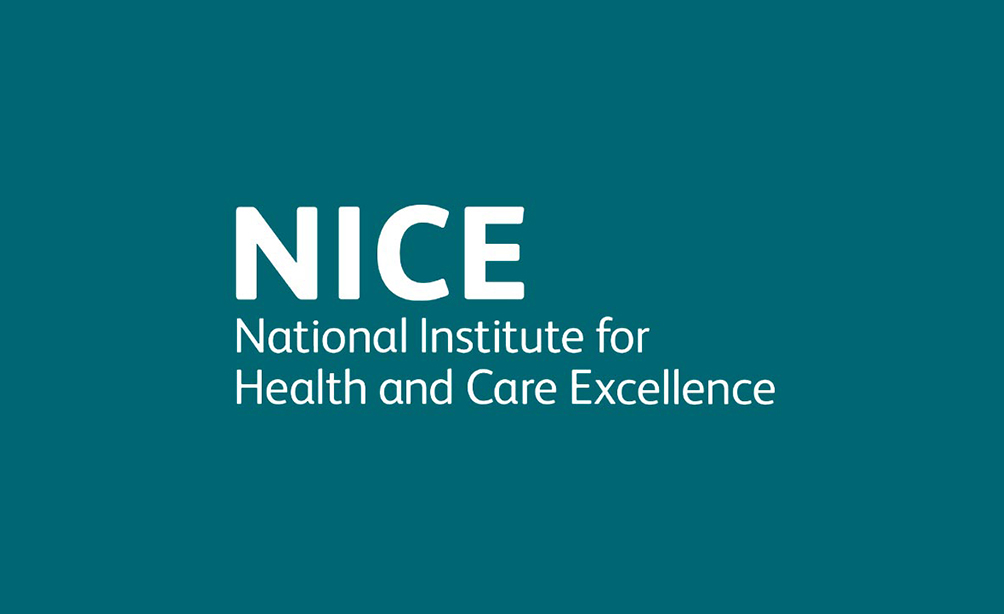diversity
Within the current draft NICE guidance for ‘Looked after young people’, on the subject of diversity the guidance gives only one recommendation:
‘Ensure that looked-after children and young people from groups that have particular needs are not marginalised and that their needs are adequately met. These groups include those from black, Asian, and other minority ethnic groups and Gypsy, Roma and Traveller communities, as well as other groups such as refugees and, asylum seekers and those who identify as LGBTQ+.’ [1](1.1.1)
Within the consideration of ‘how the recommendation might affect practice’ the guidance simply states the following:
‘This recommendation is not expected to need significant additional resources. It is the statutory duty of local authorities to ensure that children and young people in their care are not disadvantaged or marginalised as a result of their protected characteristics.’
[1] Direct quote from guidance
Considering that many young black, Asian and other minority ethnic groups are often placed outside of their local authority area, and therefore away from their families, communities and peers it seems that this is an area where more research, links to support already available and practice guidance could have been suggested.
In many rural areas it can be hard to find the following: mosques, synagogues, halal butchers, black hair specialist, LGBTQ+ communities etc. It is important therefore, that when matching referrals, managers give clear consideration to the diversity needs of every individual young person to whom they are contemplating offering a placement, that they make sure, prior to moving in a new young person into a home, that they are able to meet these needs locally; a very simple web search will usually offer the information needed, for example search: halal food near me.
If this is not possible they should endeavour to secure additional funding to have cultural and diversity needs addressed; this may be through putting in place travel arrangements to the closest available service/places of worship etc. or commissioning services that will support young people’s diversity needs within the home.
This might be by employing a black hair specialist to visit the home regularly, or by finding an Imam or Rabbi who are prepared to visit the home, identifying local LGBTQ+ communities etc. It is also important that staff are able to explore and understand different cultures, sexual orientation and belief systems, this can be achieved through keyworking sessions; staff do not need to be experts, but can offer to explore an individual’s cultures, heritage etc. with the young person together, using these sessions as a platform to provoke and engage in positive discussions. Managers can also ensure that the home has up to date literature to help support these sessions, for example;
- We Make It Better: The LGBTQ Community and their positive contributions to society
- Black Lives Have Always Mattered; a collection of essays, poems and personal narratives
- Voices of Modern Islam: What it means to be Muslim today
The diversity recommendation can also be linked to the ‘positive relationships’ recommendation in particular its guidance on maintaining previous family relationships, friendships and securing good peer mentors for young people (outlined in 1.2.1-1.2.20). Managers should seek to foster these relationships wherever safe to do so to ensure that young people can stay connected to their cultural heritage and beliefs. With the advent of video communication platforms such as Zoom and Teams, it is now much easier to ensure that young people can stay connected to or be connected with people who can support, understand and empathise with them.
This is definitely an area however, where more easily identifiable and accessible services are currently needed, especially outside of large cities, as most diversity specific mentoring services such as ‘Reach Out’ are not currently available nationally. Managers could consider reaching out to local communities to ask for volunteers to support cultural, sexual and religious diversity needs.
Below are some helpful links:
https://www.visitmymosque.org/find-my-mosque/
https://www.jewishgen.org/jcr-uk/england_alphabetical.htm
https://www.stonewall.org.uk/help-advice/whats-my-area
https://www.facebook.com/blackhairsalonsnearme/
https://www.reachoutuk.org/about-reachout/#about-us
This article was written by Rachel Shepperd, Managing Director of ASES LTd and Regulation 44 Visitor. Rachel is also a Community Engagement Worker for CoLab and a Trustee and Support Lead for Josephine’s Star.
